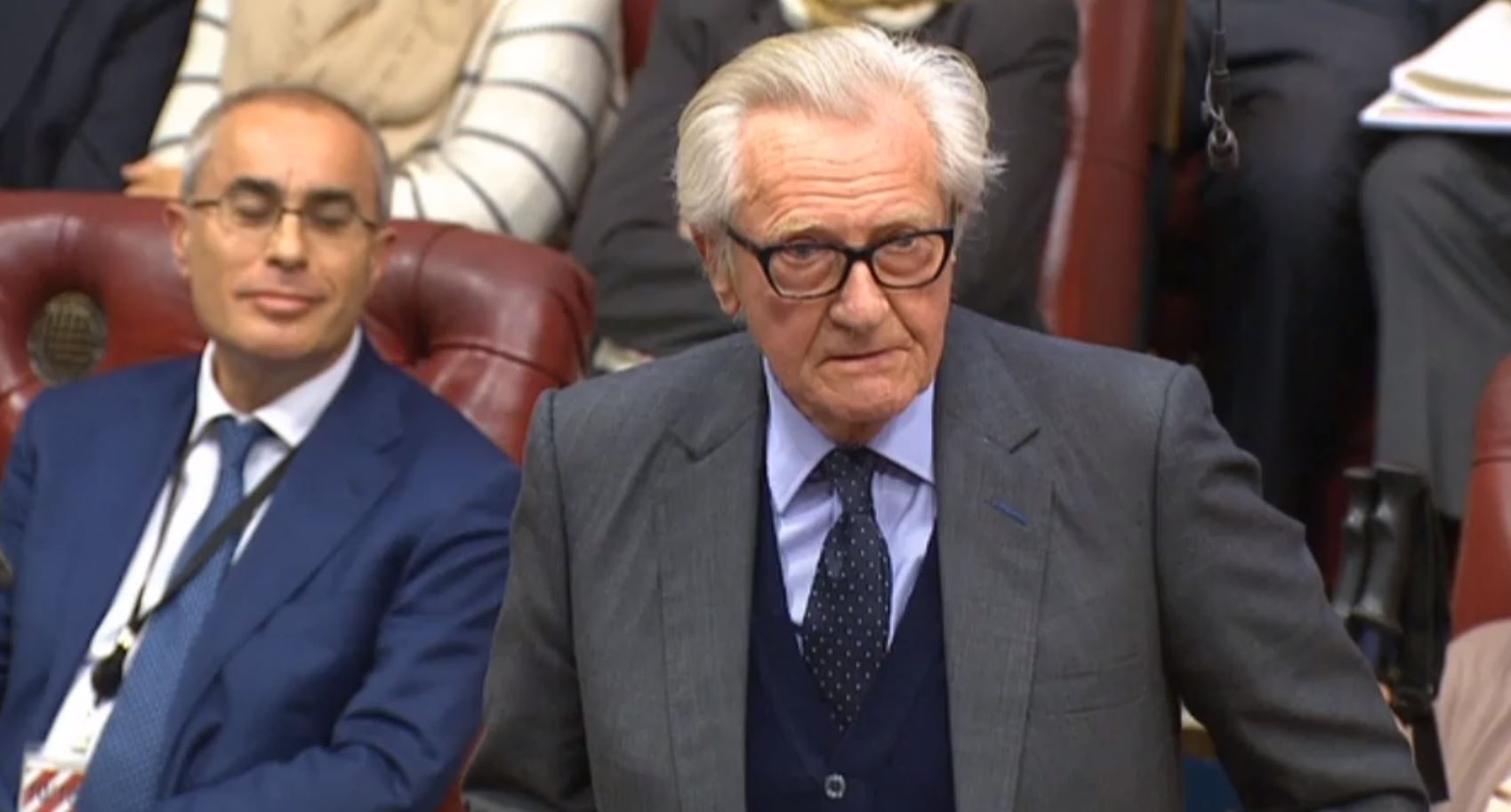It’s hard to find the official opposition in parliament these days.
As the Brexit bill rolls like a runaway train full of shrieking monkeys, nobody has the strength to pull the brake. Smaller groups like the SNP may oppose departure from the EU, but pro-Europeans in larger parliamentary parties have proved woefully ineffective in halting, slowing or even scrutinising legislation properly.
Labour is supposed to be the opposition, but it’s so unenthusiastic about the role that it’s achieving nothing.
So it was a small surprise when the bastion of the democratic process turned out to be the House of Lords.
Yes, there was that referendum and the people have spoken, but last week it fell to the Lords to demonstrate that – as recently reaffirmed by the supreme court – ultimate power in the land rests with the mother of parliaments, so that’s where the Brexit decision must be made. It’s a no-brainer in constitutional law, so it’s right that the bill returns to MPs this week.
The interesting part is the Lords is doing its job despite itself.
The common perception of the upper house is a room full of dozing geriatrics with cobwebs in their ear trumpets and, as one peer told the BBC documentary Meet The Lords, that’s pretty accurate. Lord Tyler called it “the best day care centre for the elderly in London.”
But, amid the snoring and claiming of allowances, some work to question proposed laws and consider the public good. Granted, they tend to be former MPs like Michael Heseltine, the Tory ex-minister sacked as an adviser by Theresa May for supporting the amendment that, perhaps briefly, blocked Brexit.
Whether you favour the EU or not, it’s hard to miss that effective opposition isn’t coming from MPs.
That’s why reforming the House of Lords is so vital. UK democracy needs expert legislators holding the government to account.
I support the Electoral Reform Society’s demand for a slimmed-down, efficient House of Lords, with a transparent and independent appointments process, free of cronyism.
If the Lords can do the right thing in its current state, imagine what it could do if it was modernised.
